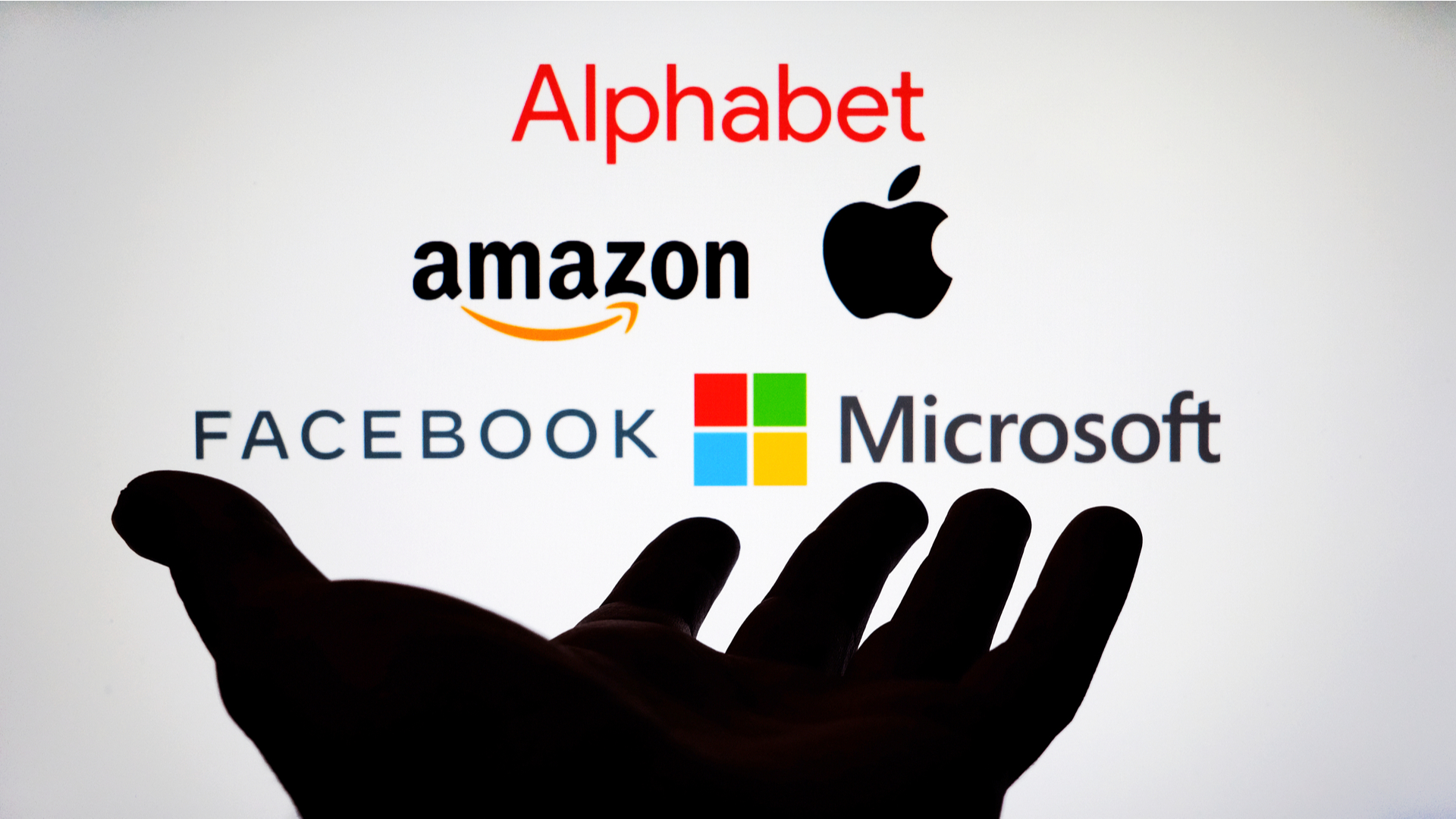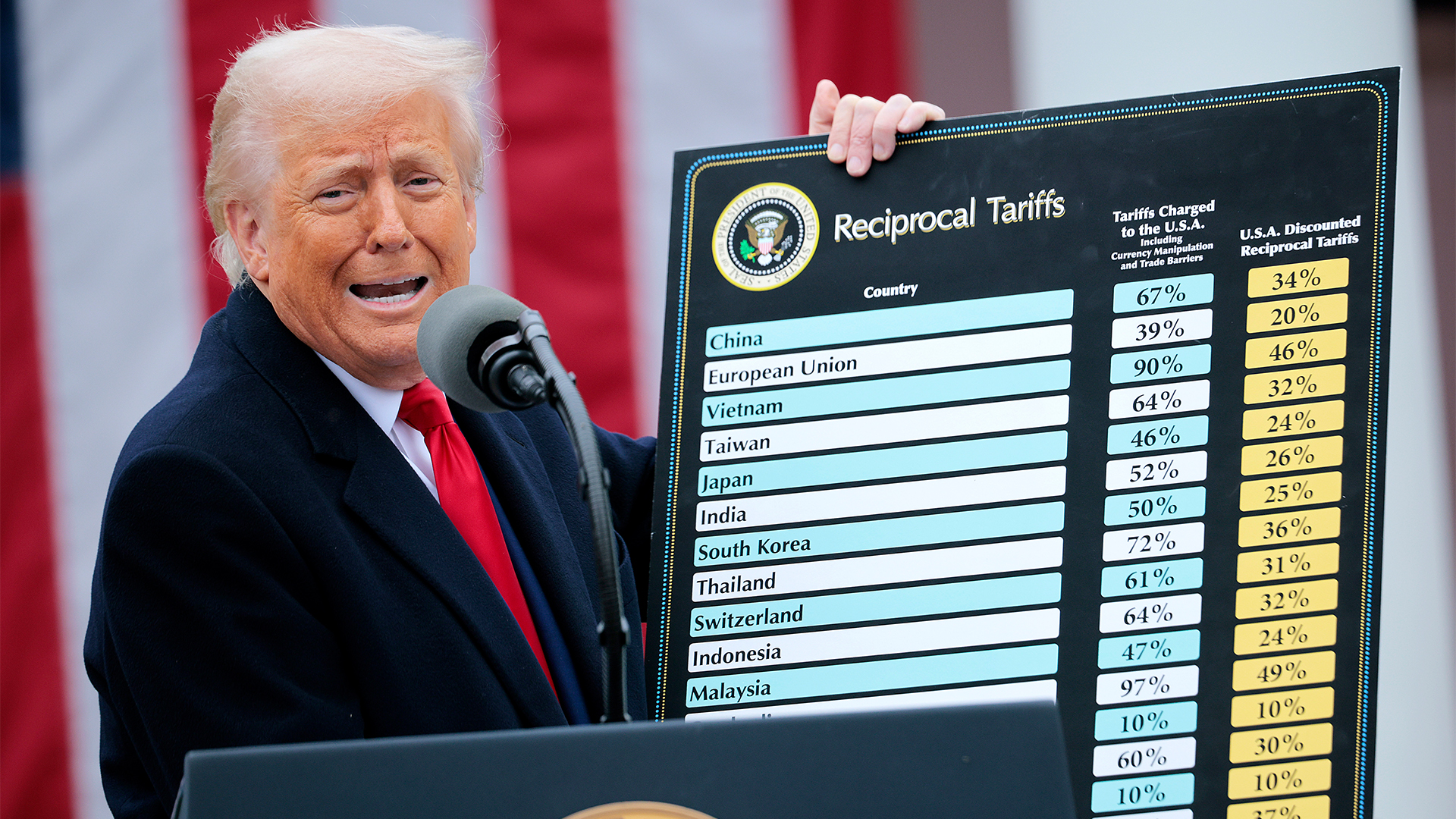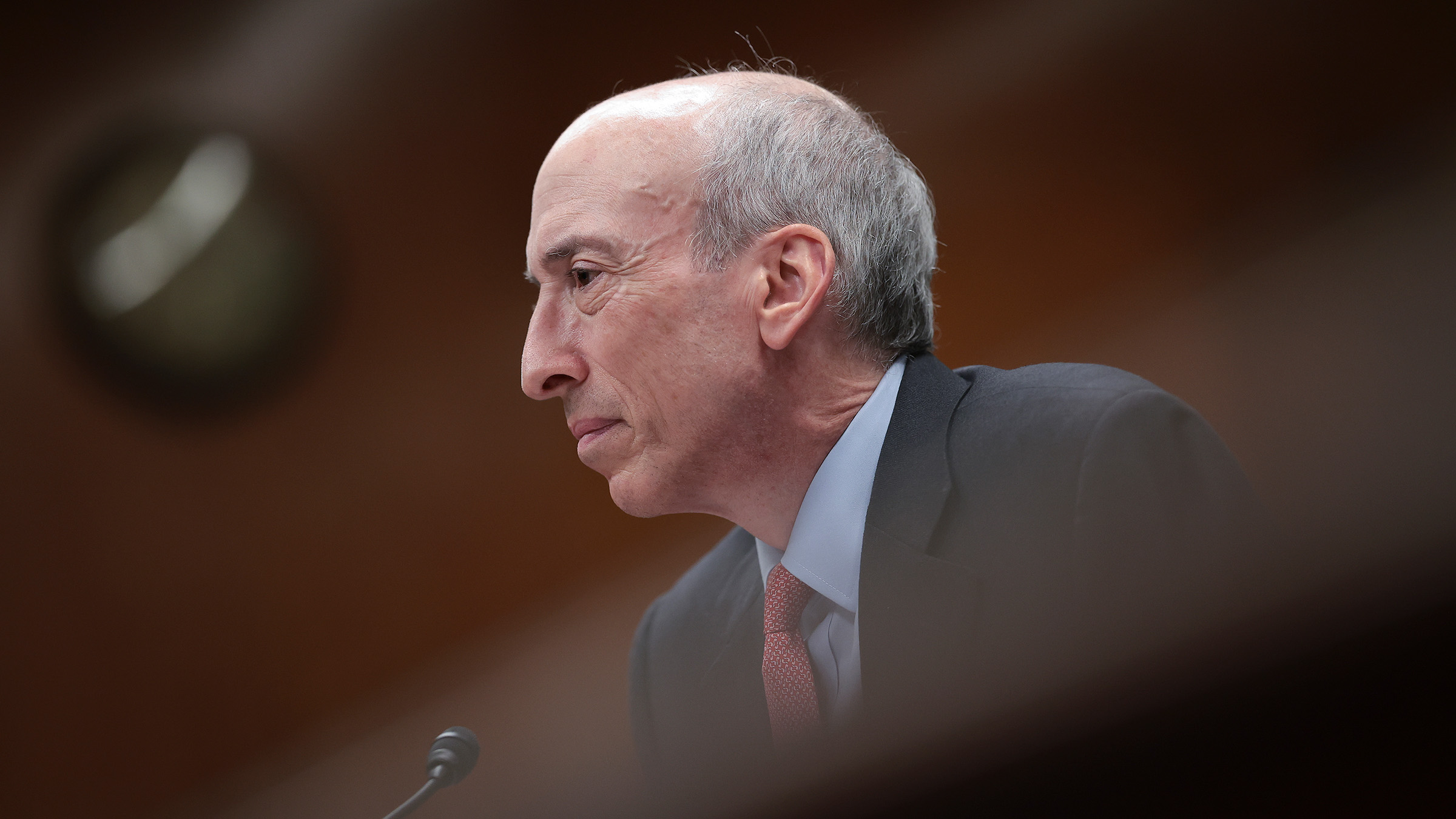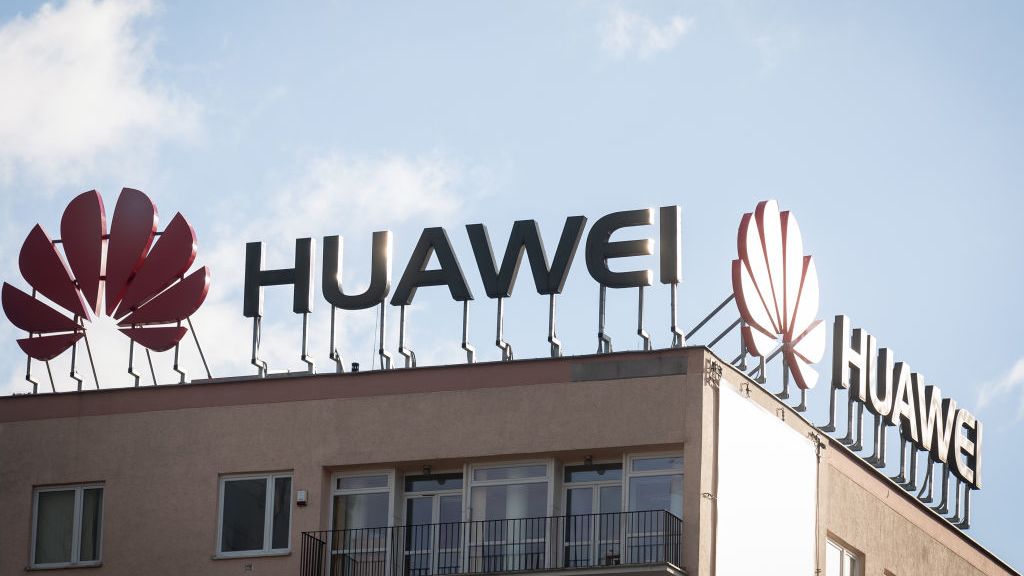Pros and cons of breaking up big tech
We analyze the impact of breaking up powerful and far-reaching data-opolies

Google, Facebook, Apple, Microsoft, and Amazon undeniably hold massive power over consumers and the global economy. They’re collectively called the Big Tech.
Crushing all competition, these tech giants picked up a combined market cap of $7.5 trillion in 2020 — the same year the COVID-19 pandemic smashed the broader economy.
Big Tech’s burgeoning success can be attributed to a range of online services that are hard to break free from. From Microsoft’s Teams for office collaboration to Google’s productivity tools, Big Tech’s boom isn’t without reason.
However, the rising data privacy debate is proof that all is not well with Big Tech. Senator Elizabeth Warren cited Big Tech as a threat to democracy, and former-President Trump equated them to monopolies. “They’ve bulldozed competition, used our private information for profit, and tilted the playing field against everyone else. And in the process, they have hurt small businesses and stifled innovation,” said Warren.
In a strange turn of events, Big Tech has fallen victim to its own success. Google’s parent company, Alphabet, is facing increased scrutiny over its data-collection policies. Amazon is under pressure for its anti-competitive conduct. Plus, Apple has attracted yet another lawsuit for throttling older iPhones.
As the alleged trade monopoly continues, a question remains — would it be beneficial or detrimental to break apart megacompanies? Below, we've set out the pros and cons of breaking up Big Tech to help you pick your side of the debate.
Pros of breaking up Big Tech
1. More opportunities for small businesses
Google answers 92% of the world’s search queries, and Amazon sells nearly everything a consumer may seek, leaving small business owners with little or no market space. Plus, buying smaller rivals is another trade practice Big Tech firms exercise to protect their dominance. For instance, Google has acquired over 270 companies since 2001. Over the last decade, Facebook acquired numerous rivals, including WhatsApp and Instagram, to kill the competition.
Get the ITPro daily newsletter
Sign up today and you will receive a free copy of our Future Focus 2025 report - the leading guidance on AI, cybersecurity and other IT challenges as per 700+ senior executives
One way to ensure fair trade across industries is to bar Big Tech from entering adjacent markets. This will also prevent Big Tech from getting bigger.
2. Reduced data privacy concerns
RELATED RESOURCE

When Facebook CEO Mark Zuckerberg testified and publicly apologized for a massive data breach in 2018, users worldwide questioned the platform’s ability to keep their information safe. Many believe Big Tech is increasingly seeking to monitor and dictate what consumers see and buy online. Targeted ads from Google have summoned similar reactions.
Once again, healthy competition can help end users’ privacy dilemmas. The more players looking to offer secure platforms, the greater the pressure on Big Tech to increase users’ data privacy.
3. Reduced national security concerns
For months, Russian hackers gained visibility into staff emails sent via Microsoft Office 365 at the National Telecommunications and Information Administration (NTIA) after breaking into the NTIA’s office software. The incident highlights how Big Tech can open a doorway into the government’s sensitive processes, military, and intelligence operations.
Regulating Big Teach’s outreach can minimize the scope and severity of cyber attacks on national security systems.
Cons of breaking up Big Tech
1. Loss of Research and Development
From the money put into eliminating COVID-19, to investment in artificial intelligence (AI), big companies are rightfully taking credit. To support AI and machine learning startups, Google launched two funds, the Google Assistant Investment Program and Gradient Ventures.
Amazon has pursued a similar strategy, spending over $20 billion to invest and acquire around 128 AI startups globally.
These investments have led to astounding progress in wearables, autonomous vehicles, robots, and more. If we broke these companies up, it would also mean having to sacrifice the technological advancement and innovation that comes from them.
2. Impractical market fragmentation
Although it may seem attractive to break up big companies, experts have argued about the practicality of such an endeavour.
If the government broke up a social media giant into smaller social networks, for example, it could produce an illusion of choice. Despite this, the approach would be less desirable to users aiming to control all of their communications from one place. This could push many of them to select one social network, and undo the reason for the break-up.
3. Higher service costs
It was believed that healthier competition between smaller companies would lead to a dip in prices, but experts are now signalling that this could be a myth. Given our dependence on them, big tech’s virtually free services and tools are hard to replace.
However, splitting up big tech could still instil a fair market by encouraging smaller businesses to develop a new and competitive range of services and products. Despite this, startups aren’t able to benefit from a free business model, meaning there’s a good chance that end-users will pay heavily for every digital service they sign up for. This might even include digital navigation maps, daily emails, analytical tools for organisations, and more.
A Final Word
While free services are economical, the approach slowly but steadily kills innovation.
“The ideal solution is really somewhere in between, continuing to have companies create value, but taking into consideration the European approach of fair allocation,” says Van Alstyne, Questrom professor and coauthor of “Platform Revolution: How Networked Markets Are Transforming the Economy and How to Make Them Work for You".
By ensuring interoperability and data portability across rival products and services, it is indeed possible to restore balance in trade.
-
 Bigger salaries, more burnout: Is the CISO role in crisis?
Bigger salaries, more burnout: Is the CISO role in crisis?In-depth CISOs are more stressed than ever before – but why is this and what can be done?
By Kate O'Flaherty Published
-
 Cheap cyber crime kits can be bought on the dark web for less than $25
Cheap cyber crime kits can be bought on the dark web for less than $25News Research from NordVPN shows phishing kits are now widely available on the dark web and via messaging apps like Telegram, and are often selling for less than $25.
By Emma Woollacott Published
-
 IDC warns US tariffs will impact tech sector spending
IDC warns US tariffs will impact tech sector spendingNews IDC has warned that the US government's sweeping tariffs could cut global IT spending in half over the next six months.
By Bobby Hellard Published
-
 US government urged to overhaul outdated technology
US government urged to overhaul outdated technologyNews A review from the US Government Accountability Office (GAO) has found legacy technology and outdated IT systems are negatively impacting efficiency.
By George Fitzmaurice Published
-
 US proposes new ‘know-your-customer’ restrictions on cloud providers
US proposes new ‘know-your-customer’ restrictions on cloud providersNews The US aims to stifle Chinese AI competition with new restrictions on cloud providers to verify foreign data center users
By Solomon Klappholz Published
-
 SEC passes rules compelling US public companies to report data breaches within four days
SEC passes rules compelling US public companies to report data breaches within four daysNews Foreign entities trading publicly in the US will also be held to comparative standards
By Rory Bathgate Published
-
 US says National Cybersecurity Strategy will focus on market resilience and private partnerships
US says National Cybersecurity Strategy will focus on market resilience and private partnershipsNews The recently announced implementation plans alow for more aggressive action against ransomware gangs
By Rory Bathgate Published
-
 US ‘Tech Hubs’ drive aims to boost innovation in American heartlands
US ‘Tech Hubs’ drive aims to boost innovation in American heartlandsNews The development of the hubs will could help drive regional innovation and support for tech companies
By Ross Kelly Published
-
 Biden sets June deadline for $42 billion broadband funding outline
Biden sets June deadline for $42 billion broadband funding outlineNews The announced deadline come prior to a much-awaited update to the FCC's US broadband map, giving a clearer image of the internet challenges facing the nation
By Rory Bathgate Published
-
 FCC eyes formal ban of all Huawei, ZTE equipment sales
FCC eyes formal ban of all Huawei, ZTE equipment salesNews Approaching the deadline to pass such a ruling, companies such as Kaspersky face similar restrictions
By Rory Bathgate Published